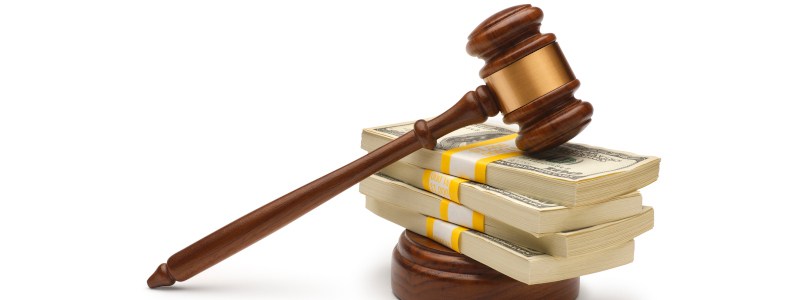
We always recover legal costs in favor of our clients in all cases we advise on. In our practice, there are cases when the losing party tries to find loopholes in the law to avoid paying for the legal services provided to the winning side of the process.
In 2017, one of our clients was being held accountable by the customs authorities under part 4 of Article 15.25 of the Administrative Code for violation of currency legislation. The appeal process was complicated – the trial court ruled in the adverse claimant’s favor, but that decision was overruled by the appellate court. Prior to the decision of the Supreme Court of the Russian Federation, which upheld the decision of the appellate court, there was still no clarity. Some time after that, we appealed to the court to recover the legal expenses from the customs authority. The customs authority asserted the statute of limitations and claimed that the expenses were overestimated.
The court of first instance once again agreed with the opinion of the customs authority, and we again had to appeal to the court of appeal to repeal the illegal judicial act. The Thirteenth Arbitration Court of Appeal agreed that the statute of limitations for legal costs reimbursement should not be counted from the day the cassation ruling was issued (August 2018), but from the day the Supreme Court rejected the claim (December 2018). The ruling of the court of first instance was overruled, the motion for the recovery of legal costs was satisfied by the court of appeal.
In another case, the defendant lost a simplified procedure case and tried to evade reimbursing legal costs. The defendant argued that the legal services paid for by the client to represent the interests of the client in court were not represented – since during the simplified procedure the court sessions were not held and the parties only exchanged written objections electronically. In turn, we drew the attention of the court to the fact that representing interests in court does not necessarily involve participation in court hearings and that the interests of the client were represented by exchanging written objections were in accordance with the law and that effectively protected the interests of the client. The Moscow Arbitration Court agreed with our arguments and recovered part of the legal costs from the defendant.

